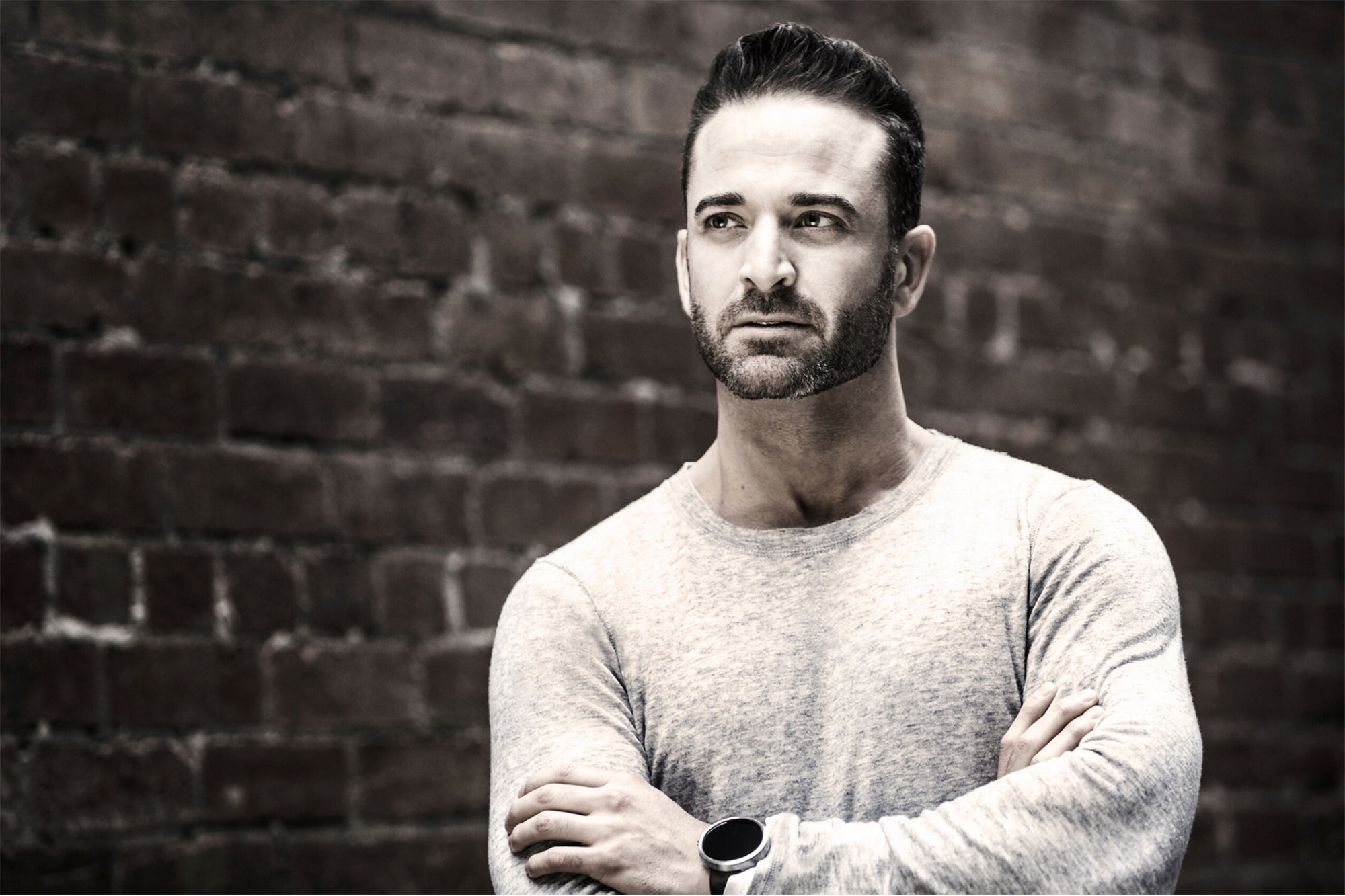How One Product Saves Millions of Lives AnnuallyThinking differently about an existing problem helped African Clean Energy capture a market of needy prospects.
ByJason Haber•
Opinions expressed by Entrepreneur contributors are their own.
The following excerpt is from Jason Haber's new book The Business of Good. Buy it now fromAmazon|Barnes & Noble|iTunes|IndieBound
InThe Business of Good, serial and social entrepreneur Jason Haber intertwines case studies and anecdotes that show how social entrepreneurship is creating jobs, growing the economy, and ultimately changing the world. In this edited excerpt, Haber profiles one social entrepreneur who's doing good and making money.
Every eight seconds, one person dies from illnesses borne out of inhaling open flame cook smoke. That's the equivalent of losing the entire population of New Zealand every single year. The hazards of open flame cooking in the developing world have been well documented for many years. The inhalation of smoke and black carbon can lead to lung disease, eye disease, and death. Since women and children tend to be the primary food preparers, they're the most at risk for such afflictions. Some 4.3 million people succumb annually to illnesses from open flame cooking, which is more than the amount of people who die from HIV and malaria -- combined.
这个解决方案似乎很简单:人should use an alternative stove that doesn't produce dangerous smoke. And that approach has been tried many times. In fact, charities have given them away. Typically they've been stoves designed for the developed world or cheaply made products that could be adapted for use in the developing world. Generally speaking, these products reduce smoke; they don't eliminate it. As a result, these stoves haven't been problem solving or game changing.
Enter African Clean Energy (ACE) and its enigmatic COO and director of operations, Judith Joan Walker. "There's a perception it will fail or crash and burn," Walker says. "We are here to make this a sustainable business. It can be done in a different way."
How is the clean stovetop produced by ACE different from what's already out on the market? Walker explained that in the past, NGOs (non-governmental organizations) and nonprofits have offered low-quality products. ACE started with the premise that the poor are customers, and like any smart company, it starts with creating the right product for your customers.
"No one says, "Give me a shitty, cheap product' -- that's not what they want. We don't treat the less fortunate like they are a lower class," Walker says. Instead, ACE treats them like a market filled with potential customers.
"Our customers -- I want to treat them as customers. Let's stop treating poor people like they don't know what they want," she says. With this in mind, ACE has engineered a product for the needs of the poor. First, it eliminates all smoke, rather than dampening it. Second, it works on multiple fuel sources, including biomass pellets and cow pies. Sensing my surprise at that last fuel source, Walker discussed the particulars of cow pies that make them an excellent fuel source. Finally, the stove gasifies the fuel source to create a smokeless burn, which eliminates the daily hazards faced by those who rely on open flame cooking.
The ACE-1, as the device is called, comes with a DC connector and a USB port that can turn the product into a power source. This is perfect for powering lanterns and other electronic devices. It's more than a convenience -- it's a necessity for many who live in areas that don't have access to an electricity grid. Microlending through M-Pesa and Kiva makes the device affordable to a larger share of the market. Default rates remain remarkably low.
The ACE-1 is made in Lesotho, a tiny, poor country surrounded by South Africa and not known for its manufacturing prowess. African Clean Energy is helping the local economy by creating jobs, which allows it to have a greater impact outside of its customer base.
The for-profit model is clearly different. It channels Capitalism 2.0 by bringing profits to ACE and helping the world at the same time. By reducing the number of people using open flame for cooking purposes, it presents a tremendous upside for a healthier community. That increases productivity in a powerful way.
”李之前我们做事情的方式ke we're looking to alleviate our colonial guilt," says Walker. "We go in and hand out stuff and [say] "You aren't doing what we think you should be doing, so try this.' "
And because consumers -- all consumers -- like choices, the product comes in multiple colors. Walker gets asked the same question all the time: "Why aren't you a nonprofit?"
When I posed that same question to her, she was ready with her reply. "Because we're doing something good for the world, we should also do it for free -- that's the strange perception of the world," Walker says. "If you're doing something good for the world, you shouldn't make money on it. Just like directors of NGOs or charities; they shouldn't make money. But tomorrow if I designed an app that gave you funny eyebrows and it went crazy and everyone was sharing it and I made a billion dollars on an app that gave you a funny-looking face, everyone would pat me on the back and say congrats. But if you're doing something incredible, people are dubious."
African Clean Energy is scaling its model. It's raising investment capital, creating jobs, and building a strong sustainable business. It's also creating a win-win. "We can do well financially and have no downside whatsoever," Walker says. "That's how the world should be."











